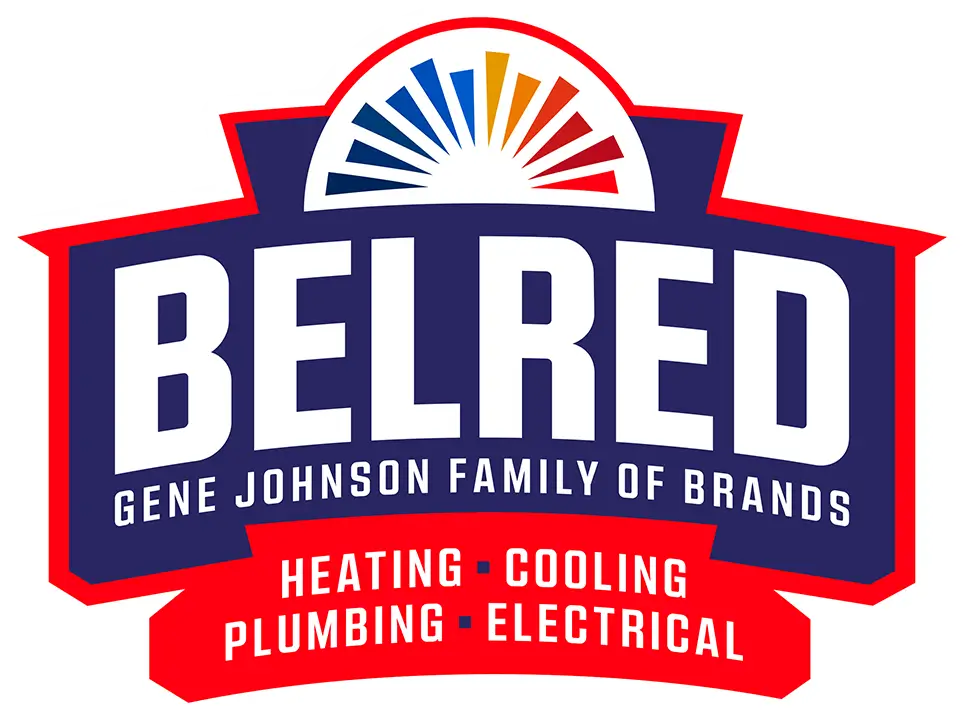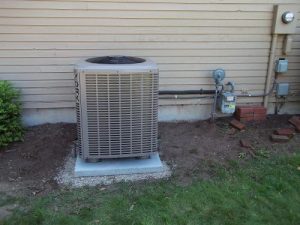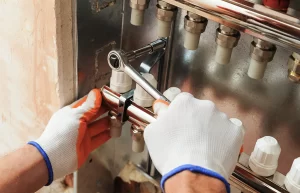Carbon Monoxide, commonly referred to as the “silent killer,” can be a very dangerous thing for you and your loved ones. This odorless, colorless gas can be the result of just about any type of burning that occurs in or around your home. Whether you’re burning gasoline, wood, propane, natural gas, oil or coal, dangerous levels of carbon monoxide can be produced under the right conditions. Without proper ventilation, even small amounts can be enough to make you sick. Larger amounts can be much, much more serious—potentially even resulting in death.
Fall is the perfect time of year to check to make sure you take the proper precautions to protect yourself against this harmful and potentially deadly gas. You’re about to start using your heating system again, along with other combustion appliances to keep your home warm during the colder months. Now is the time to take steps to ensure your home will be safe during this upcoming time of year.
There are a few important steps to reducing your risk of carbon monoxide poisoning in your home. First, it’s extremely important to make sure all fuel or wood burning appliances within the home are well maintained and working properly. Any combustible appliance should be kept in a safe area of the home and in areas that are very well ventilated. Perhaps the most important (and easiest) step, however, is to install a carbon monoxide detector in your home. These devices can sense even low levels of this harmful gas and alert you to the danger so you and your family can get to safety before it’s too late.
A carbon monoxide detector uses sensitive gas sensors to detect this otherwise unnoticeable gas. While there are many different types and models of CO detectors on the market, we recommend installing low-level carbon monoxide detectors. These are extremely sensitive and give you the best probability of alerting you to CO gas before levels become harmful. Not only are carbon monoxide detectors good to have in your home, they are required by Washington State law.
What do you do if your CO detector goes off? Similar to when a smoke alarm goes off, the best start is to ensure you don’t panic. Get everyone in your household outside and open as many windows as you can. Check everyone for flulike symptoms. If anyone is feeling sick, contact your local emergency service. If the alarm continues to sound inside with the windows open, contact a professional to help determine and fix the problem.
If you’d like to speak with the professionals at BelRed about the best type of carbon monoxide detector for you, please contact us today. We’ll be following up this post with some answers to common questions about carbon monoxide shortly, so check back and stay safe!







